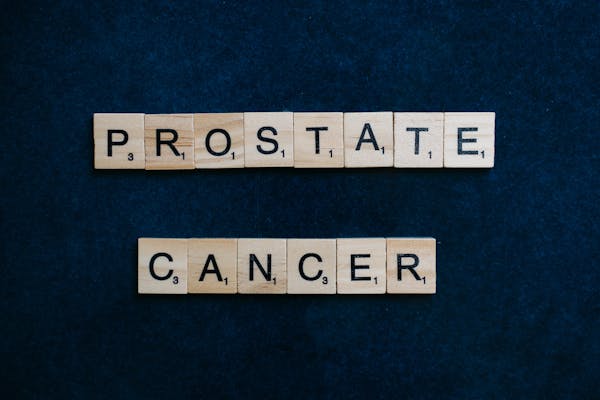Introduction:
Given that it is one of the most prevalent cancers to strike men, prostate cancer is a concern for many of them.
In this article, we will examine the causes of prostate cancer, potential treatments, and how men can continue to live happy lives even after having their prostate gland removed.
To promote early detection and increase awareness of this disease, it is essential to understand it and the available management choices.
Let's start now!
Causes of Prostate Cancer: Although the precise causes of prostate cancer are still unclear, there are a number of risk factors that have been found.
It is recognized that factors such as age, family history, and certain genetic abnormalities can affect the development of prostate cancer.
A high-fat diet, obesity, and sedentary behaviors are just a few examples of lifestyle variables that can affect risk, with African-American men having a higher risk than other racial groups.
It is important to remember, nonetheless, that the presence of risk factors does not ensure the development of prostate cancer.
Prostate Cancer Treatment: Depending on the stage and severity of the disease, there are many prostate cancer treatment options. Active surveillance, which entails continuous monitoring of the tumour's development without immediate treatment, may be used to control early-stage prostate cancer.
Surgery, radiation therapy, hormone therapy, chemotherapy, and targeted therapy are further treatment possibilities. Age, general health, cancer stage, and patient preferences are a few examples of the variables that influence the therapy option.
To choose the best course of action, it is essential to consult with a healthcare practitioner.
Living Without a Prostate: Men can have happy lives even after having their prostate glands removed, whether as a result of prostate cancer or other illnesses.
Urinary incontinence and erectile dysfunction are potential side effects of prostate surgery, sometimes known as a prostatectomy. To properly handle these problems, there are methods and remedies available.
a. Urinary Incontinence: Kegel exercises, sometimes referred to as pelvic floor exercises, can strengthen the muscles that govern urine flow. When it comes to treating urine incontinence, drugs or surgical procedures may be suggested.
b. Erectile Dysfunction: There are many ways to treat this condition, including prescription drugs, vacuum erection devices, penile injections, and surgical procedures like penile implants. Exploring appropriate solutions necessitates speaking with a medical expert who specializes in sexual health.
Adopting a Healthy Lifestyle:
Having a healthy lifestyle is important for general wellbeing whether you have prostate cancer or not.
Prostate cancer risk can be decreased by engaging in regular exercise, eating a balanced diet high in fruits, vegetables, and whole grains, and maintaining a healthy weight.
Regularly attending medical screenings and checkups is also crucial for early diagnosis and effective treatment when required.
Conclusion:
Men's health is significantly affected by prostate cancer, but with education, early identification, and the right treatment, things can turn out well.
Prostate cancer risk can be decreased and the disease can be effectively managed by understanding the causes, being informed of the treatments that are available, and adopting a healthy lifestyle.
Modern medical techniques and approaches can let men and women without prostates enjoy happy, fulfilling lives.
Remember that proactive management and optimum health depend on regular checkups and honest contact with medical specialists.
Related topic:
This Cold Drink Might Trigger Your Prostate
Here's One Tip That Can Help You Maintain a Healthy Prostate Well Into Old Age...Learn more here >>

%20(729%20%C3%97%2080%20px).png)
